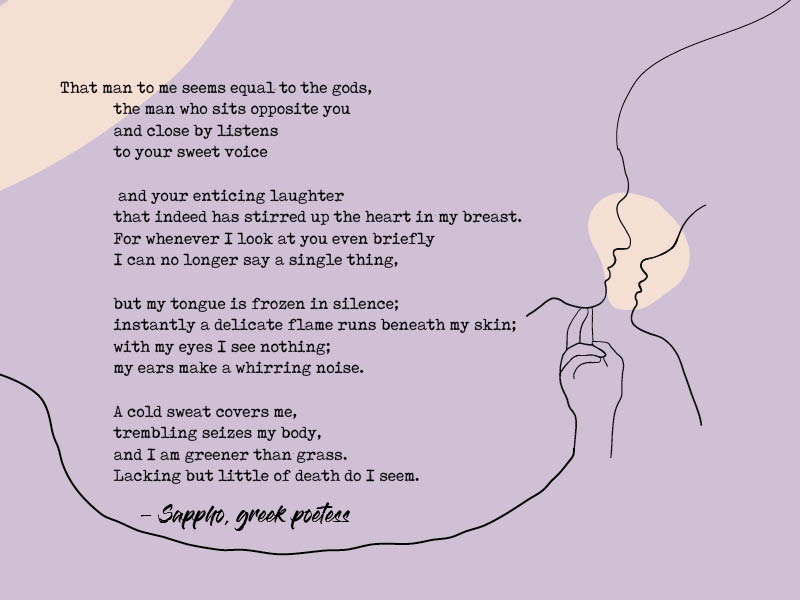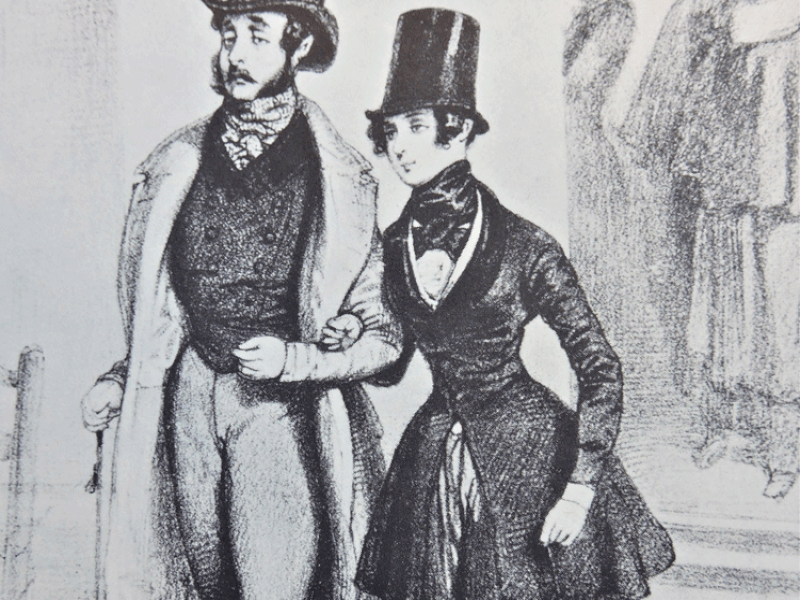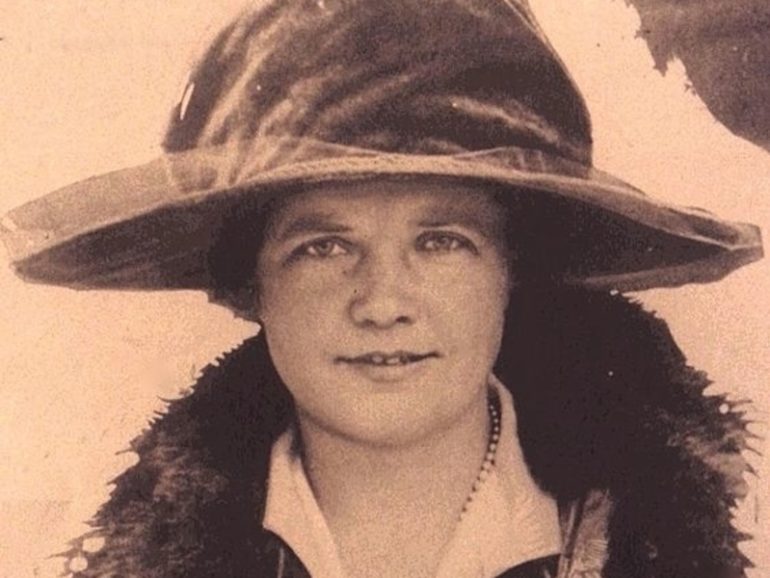Welsh LGBT historian Norena Shopland insists on the importance of remembering our past to show ‘we’re here, and we’re not going away’
In February, more than ever, we celebrate our history and remember our fights. Queers of the United Kingdom unite this year around faces such as Lorraine Hansberry, lesbian playwright, and Dawn Langley Simmons, lesser-known trans biographer, to celebrate our history of Poetry, Prose and Plays. In discussion with historian and writer Norena Shopland, Herkind realises once again how important it is to know our history.

The current landscape is not the prettiest, we’re not gonna lie to you. Stonewall released a statement in fall 2019, with recent stats showing overall hate crimes in the UK had risen by 10% in the last year. “It is important that the general populace understands we have been here since the beginning of time and we’ll be here until the end,” insists Norena, writer of the Forbidden Lives: LGBT stories from Wales.
“Nothing will change, no matter how much people hate and campaign for laws restricting those they don’t agree with,” she states. “Visibility is key, visibility in today’s life and visibility in history – only by LGBT+ people knowing their own history can they show we are here and we’re not going away. History is a powerful tool, use it.”
Yet, if history is a powerful tool, providing hard-evidence for arguments and testimonies, it can get more difficult to share and celebrate women’s history, says Norena. “Even today on Wikipedia, the world’ largest encyclopaedia,” she regrets, “women’s biographies only account for 18% despite campaigns running for the last few years trying to raise that number.”
Visibility is key, visibility in today’s life and visibility in history
The situation is even more complicated for queer history, as she reveals. “Queer women’s history has a double-whammy, neglected for being women and neglected for being gay,” writes Norena. There’s a simple explanation to this difference in the records: for one, lesbian relationships were not illegal, whereas gay sex was. Because of this, most of gay history is ‘dominated by the criminal record’, says the historian.
“In the 1920s there was a move to criminalise same-sex relationships between women but it never happened,” she explains. “Imagine what life would have been like if women too had been sent to jail for loving women. During the nineteenth century, many women were living together and more information is now being discovered for this period.”

Besides a lack in records, Norena reveals, “one of the difficulties of gay women’s history is a lack of terminology.” She explains that because history was, at a time, primarily written by men, its focus is also heavily male-centric. It’s easier to dig in male history as keywords instinctively relate to them. To change this, Norena had to rethink the way she would research women’s history.
“Through the work I am currently undertaking, which looks not at what women were but what they were doing, such as cross-dressing, I have uncovered a lot of women who have never been written about,” she reveals.
“Using this method I found over 3,000 stories, most of them unpublished outside their original source, and a significant amount concerned women we would now consider gay or transmen. I’m planning to publish these stories in the next year or so. What I learned was there are a lot more ‘gay’ women in history!”

History months such as this one makes us remember how important it is to turn to our past and learn from it. Norena is always prompt to share her knowledge, from books to a free glossary of queers in Wales.
After all, as a Welsh history specialist, Norena mostly discovered Welsh women, and her favourites are often from that same country. She quotes Sarah Jane Rees, known by her bardic name of Cranogwen, “who simply lived with her partner and got on with life.”
Norena enthuses, “You’ll find this in many of the nineteenth-century couples, they simply lived their lives how they wanted and we should celebrate that.”
She will celebrate LGBT+ History Month at the Senedd in Cardiff, on the 29th of February 2020, to talk about Lady Rhondda, one of her favourites amongst women like the Ladies of Llangollen, Frances Power Cobbe and Mary Lloyd.

